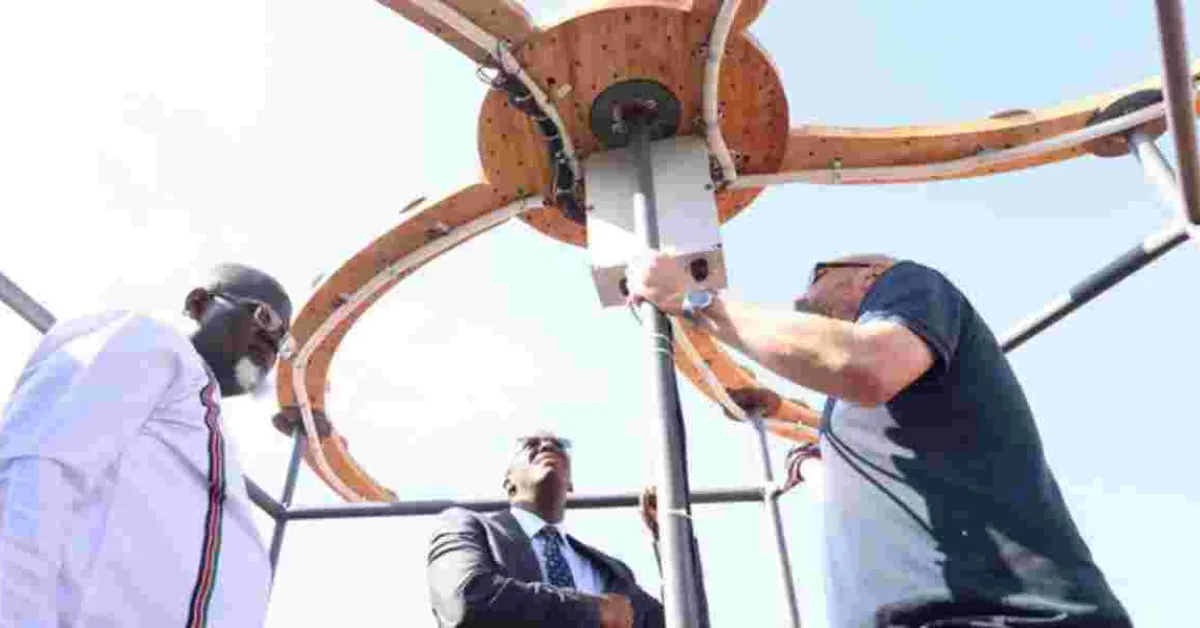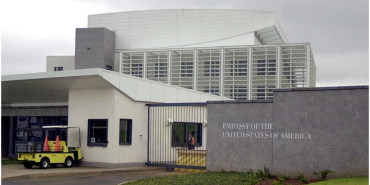Kenya Joins Global Elite with Advanced Radio Telescope Acquisition

Kenya has solidified its status as a leading African nation in space science with the acquisition of cutting-edge equipment, becoming the fourth country globally to possess the advanced Transient Array Radio Telescope (TART) technology.
This innovative, cost-effective, and open-source array radio telescope is currently operational only in Kenya, New Zealand, South Africa, and Mauritius. Radio telescopes are specialized instruments designed to detect radio waves emitted by celestial bodies such as planets, stars, and galaxies. Unlike their optical counterparts which rely on visible light, radio telescopes can function continuously, day and night. The TART is specifically engineered to identify transient phenomena in space, including satellites, near-Earth objects, and high-energy cosmic rays, by constantly monitoring the entire sky.
Furthermore, it serves as a platform for developing novel imaging techniques through algorithmic sequencing. Recently, the Kenya Space Agency (KSA) orchestrated a comprehensive workshop at the Technical University of Kenya (TUK) in Nairobi. This event brought together astronomers and researchers from prominent Kenyan universities including Jomo Kenyatta University of Agriculture and Technology, the University of Nairobi, and Kenyatta University. The primary objective of this workshop was to enhance Kenya's expertise in radio astronomy by familiarizing researchers, scientists, and students with the operational intricacies of the TART telescope.
The workshop was conducted in collaboration with international partners, such as the South African Radio Astronomy Observatory, the Electronic Research Foundation of New Zealand, and Development in Africa with Radio Astronomy. This collaborative effort exposed Kenyan astronomers and researchers to state-of-the-art technology thereby augmenting their skills and knowledge in the field. In a bid to establish Kenya as a frontrunner in Africa's burgeoning space industry, KSA has announced plans to construct an Astronomical Observatory in Kitui later this year. This initiative aims to expand Kenya's capacity for developing talent and building space infrastructure.
The observatory is expected to significantly enhance the country's capabilities in space monitoring and climate research, ultimately contributing to the continent's development through space science. The introduction of TART technology in Kenya represents a significant milestone in the country's space science journey. This development follows Mauritius's acquisition of its first TART in April 2024, while South Africa already operates two such systems. The TART project is anticipated to bring the African continent closer to realizing the potential of space exploration for developmental purposes.
KSA has been actively engaged in various initiatives to promote space science and technology within the country. A notable achievement was the successful launch of Kenya's first satellite, Taifa-1, into space from Vandenberg Base in California, USA, in April 2023. This satellite launch marked Kenya's entry into the global space community and showcased the country's growing prowess in space technology. The TART project is an integral part of KSA's comprehensive strategy to enhance Kenya's space science infrastructure and capabilities. The agency's efforts are also focused on promoting space education and research in the country, encouraging young scientists and engineers to pursue careers in this field.














Add new comment